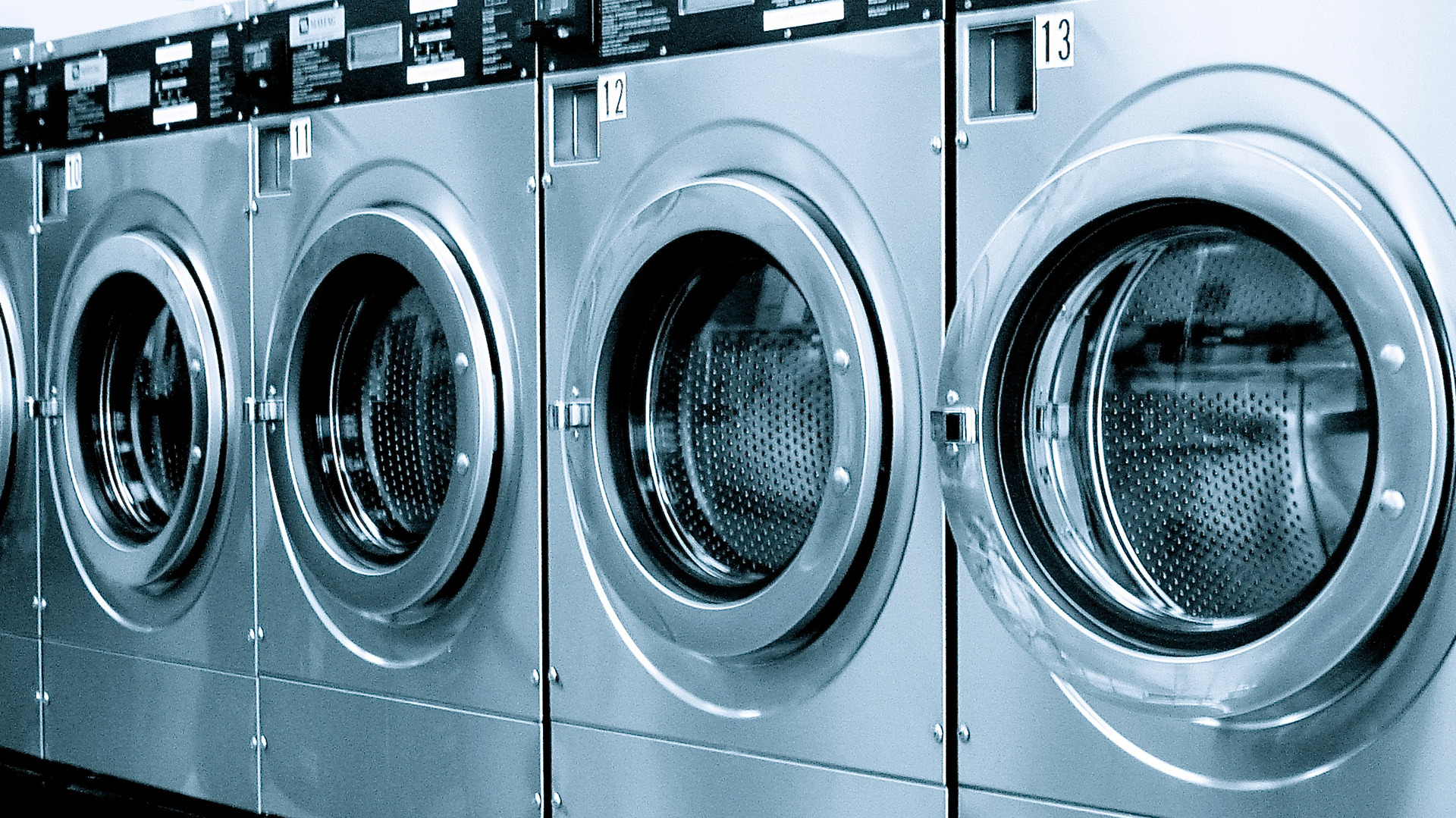Massachusetts Institute of Technology (MIT) doctoral candidates Sasha Huang, Alina Rwei, and Chris Lai, who study materials science and engineering, have won one of three prizes at the inaugural MIT Water Innovation Prize, for creating a washing machine that recycled 95% of the water it uses.
The newly created event allows people from around the world to show off their water-conservation device or business to a panel of judges for a chance to win grants totaling $30,000.
AquaFresco solves the problem created my washing machines that still use more than 20 gallons of water to remove a single tablespoon of dirt.
“[Washing machines] are one of the major sources of detergent pollution in rivers,” Huang says. “Current laundry technology is not sustainable. A regular washer discards the water right into the drain after one usage, but less than 1 percent is the actual waste component.”
The filters out the small amount of waste and recycle’s the clean water and detergent for future cycles.
If it works as Huang, Rwei, and Lai hope, you could use essentially the same batch of water to wash laundry for up to six months (replenished by the small percent that’s not recycled).
“The science behind AquaFresco has to do with reducing the surface energy between the water and the waste. It uses an absorption-filtration system, unlike other filters that might use a fine mesh to separate waste by size,” The Atlantic says.
“The outlet of the washer connects to the inlet of the AquaFresco filter, and wastewater goes through the filter, then out the filtration unit, and back to the washer for closed-loop cleaning.”
They are hoping to fully test the new system in the hotel industry, which has a large amount of waste created from constantly washing linens and towels. That particular industry has also been engaging more with users about stopping the rampant use of water.

